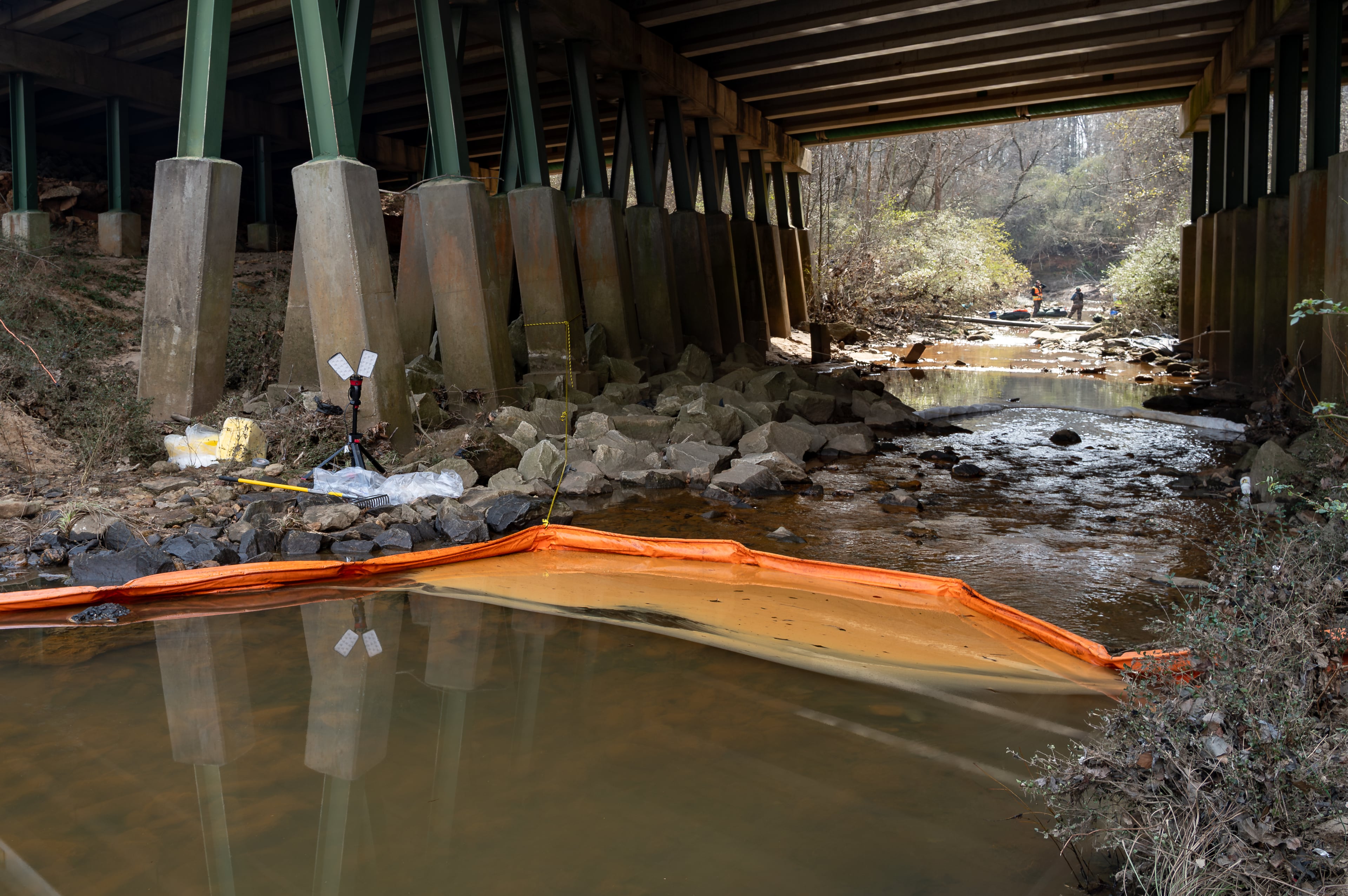Bipartisan bill could help Georgia communities replace aging gas pipelines

Lines carrying natural gas crisscross the state of Georgia.
Bipartisan legislation co-sponsored by U.S. Sen Jon Ossoff, D-Ga., could extend a program to help communities replace or upgrade the aging infrastructure of those pipelines.
Ossoff announced Wednesday he’s introducing legislation that aims to help communities finance the costly projects.
Called the American Energy Security Act, the legislation is supported by Georgia’s Democratic senator and his co-sponsor, Republican Sen. Bill Cassidy of Louisiana. They said the bill is needed to strengthen energy infrastructure and continue a program that helped dozens of cities, including 10 in Georgia, finance recent natural gas projects.
“This legislation will strengthen Georgia’s energy security by helping our cities modernize infrastructure,” Ossoff said in a news release.
Cassidy, whose home state of Louisiana is the third-largest natural gas producer in the U.S., added that, “We strengthen our country by strengthening our pipeline system.” Georgia does not have any natural gas reserves or production, relying solely on pipelines from other states.
The legislation effectively extends the Natural Gas Distribution Infrastructure and Safety Modernization grant program, which was created in 2022 by the Bipartisan Infrastructure Act. The program, which has a $200 million budget annually, is set to expire at the end of next year, but the American Energy Security Act would extend it through 2029.
Natural gas is a fossil fuel that has methane, a powerful greenhouse gas, as its largest component. The U.S. is by far the largest producer of gas and it accounts for 36% of the domestic energy mix.
Utilities and gas companies have recently promoted gas as an important bridge fuel to transition away from other fossil fuels like coal, which release more carbon dioxide when burned. But because of methane’s potency as a greenhouse gas, persistent leaks in the production and distribution networks can make gas just as bad for the environment, according to a growing body of research.
Ten Georgia cities have received grants to address municipally owned gas pipelines through the program that the new legislation aims to extend. The largest of those grants to Georgia communities was $8.4 million awarded to Toccoa, about 95 miles northeast of downtown Atlanta, to replace more than 10 miles of gas distribution mains and service lines.
“This grant affects every citizen in our community by providing safety and enhancing quality of life,” former Toccoa Mayor Gail Fry said in the release. “The American Energy Security Act will provide opportunities for more communities to provide reliable and safe avenues for aging infrastructure.”

Other Georgia grant recipients include Buford and Lawrenceville in Gwinnett County, as well as Eatonton, Hartwell, Hawkinsville, Perry, Tifton, Thomasville and Winder.
Georgia has more than 85 municipal gas utilities, which Municipal Gas Authority of Georgia President and CEO Arthur Corbin said stand to benefit from extending the grant program. He said investment is needed to modernize existing distribution pipelines, preventing leaks, improving safety and reducing emissions.



